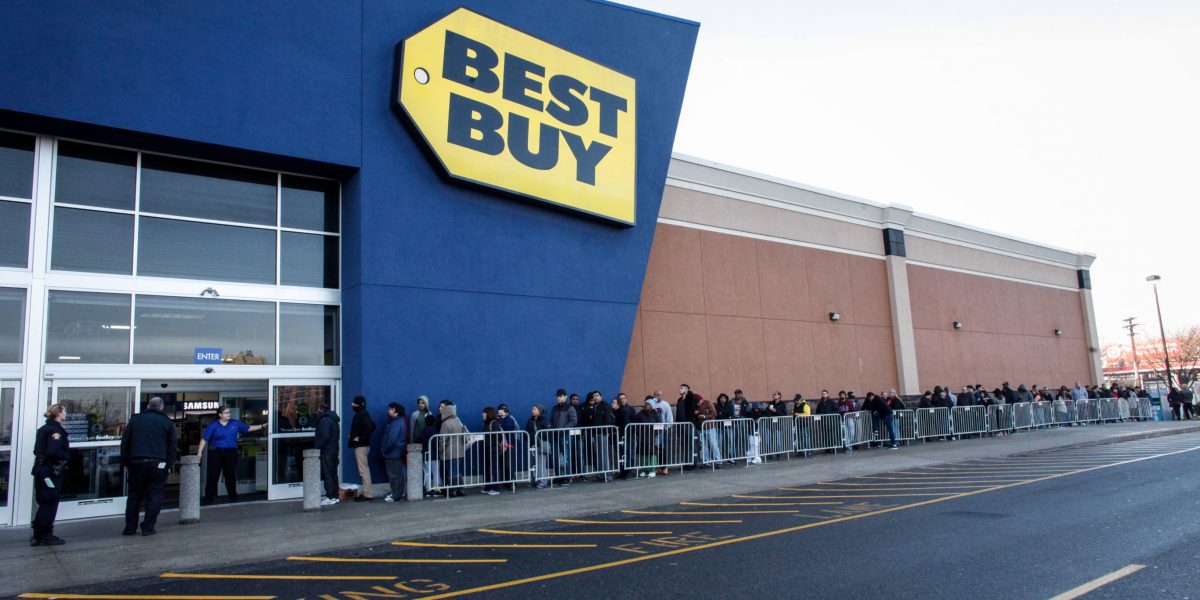Black Friday gets all the headlines, but it’s now far from the only day in late November that sees high sales.
In fact, what previously encompassed only the day after Thanksgiving has morphed into a nearly weeklong event, stretching from Thanksgiving Day through the following Monday.
“Black Friday is really no longer a one-day shopping extravaganza, it really signals a kickoff to a four-day promotional period that concludes on Cyber Monday,” Ray Wimer, an assistant professor of retail practice at Syracuse University, said in an email.
The latest shopping trends, such as an increase in online shopping, challenge the idea of Black Friday as the day for in-store shopping and Cyber Monday as the time for online shopping.
“Significantly early reports of buyer intent shows that 33 percent of US shoppers will mostly or only shop Black Friday online, taking away from some of the Cyber Monday uniqueness,” Wimer said.
“Furthermore, 54 percent of US shoppers say they are more likely to shop online during Black Friday with the biggest reasons being convenience and simplicity. Again, this would detract from the Cyber Monday event.”
Read more: Here’s why we call the day after Thanksgiving ‘Black Friday’
This year, competition will be even fiercer online. Amazon is offering free shipping to all customers this holiday season, including on Black Friday.
That may be because Amazon is feeling the pressure from big-box stores that are also offering free-shipping promotions for the holidays. Most notably, Target announced last month that it would offer free two-day shipping to all customers until December 22, with no order minimum. Best Buy also removed its free-shipping threshold but gave no time guarantee.
Amazon has become one of the most dominant players in Black Friday sales online, taking an estimated half of all revenue generated online in 2017. It is likely to account for even more this year.
Most of this year’s holiday sales growth is likely to come from online purchases — Forrester Research predicted 14% sales growth online over last year and 1.7% growth in stores. Forrester also estimated that online holiday sales would account for more than 32% of all online sales for the year.

